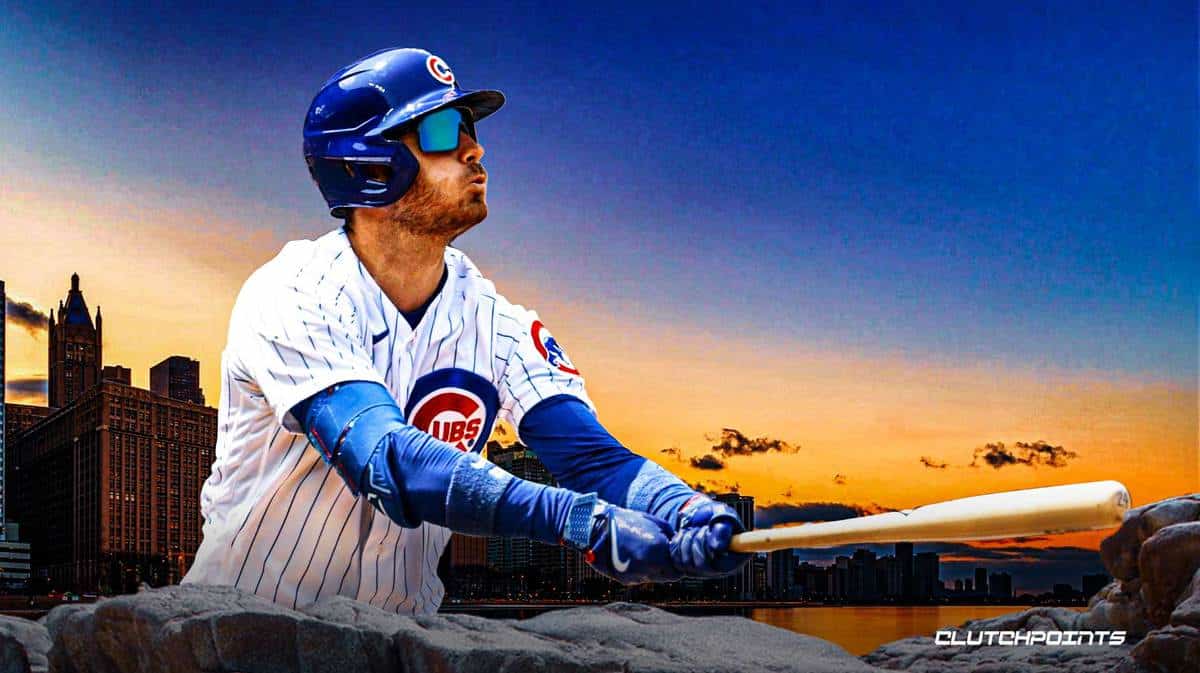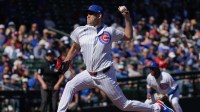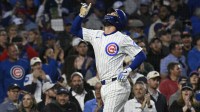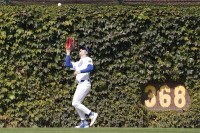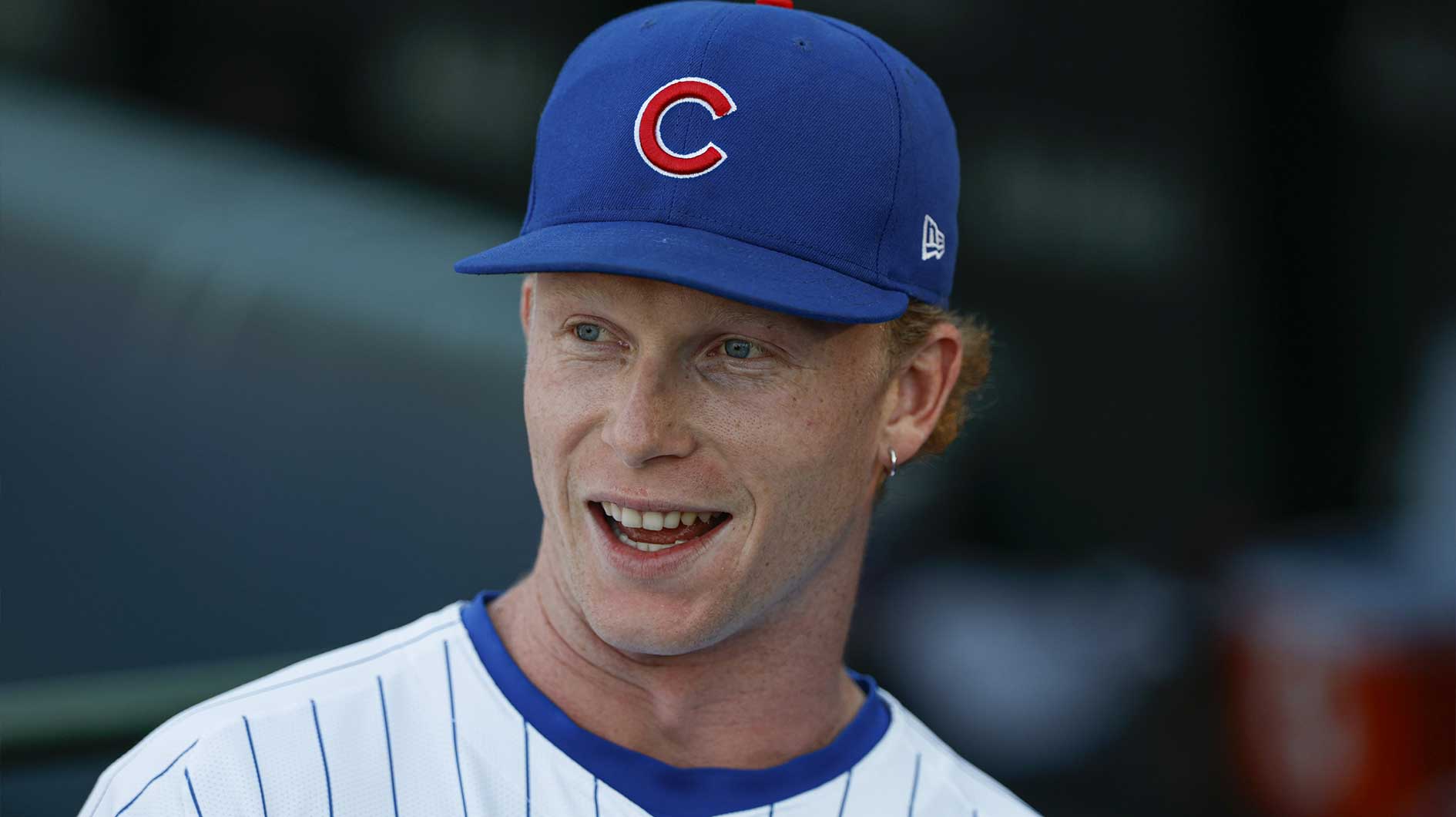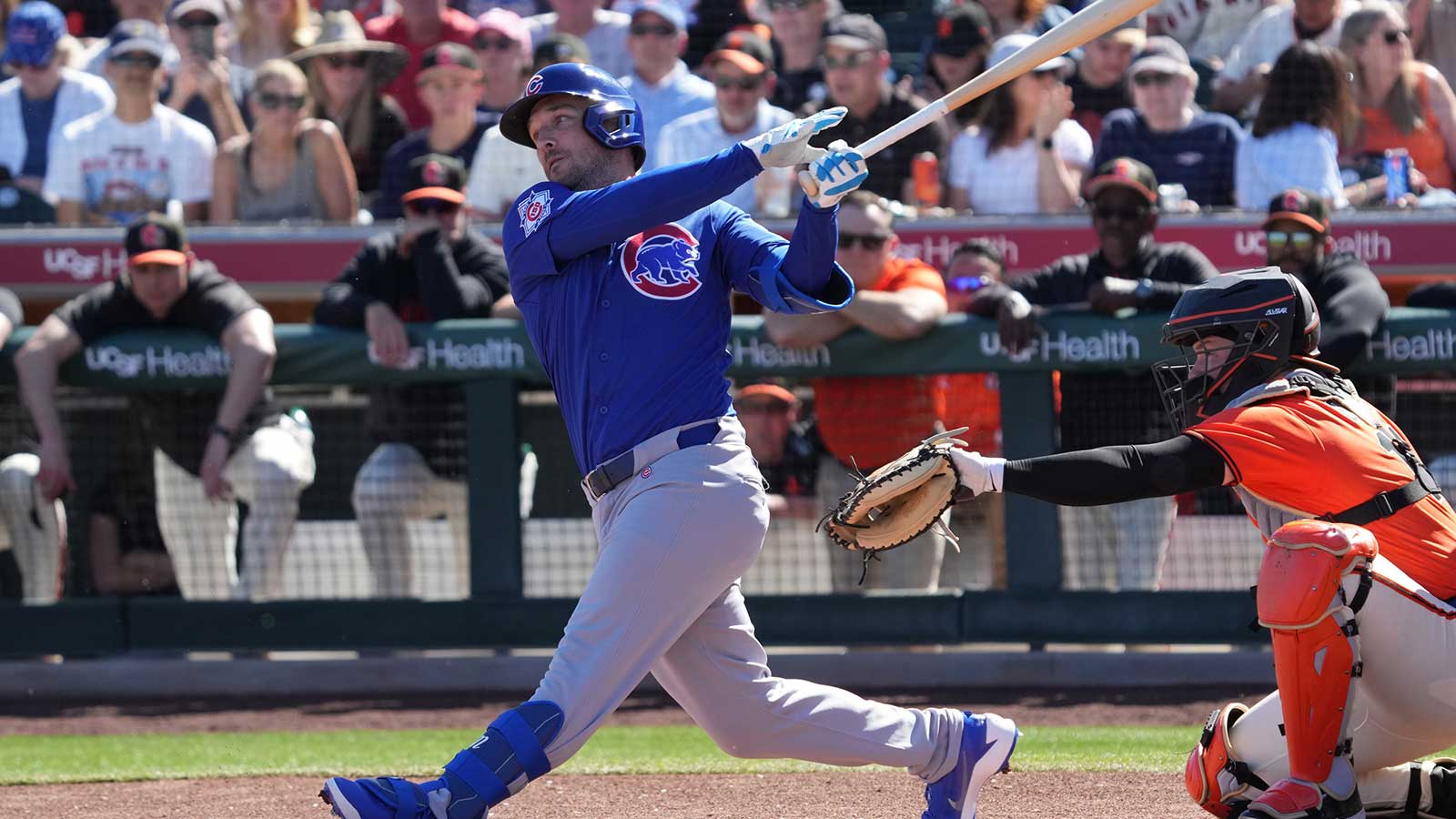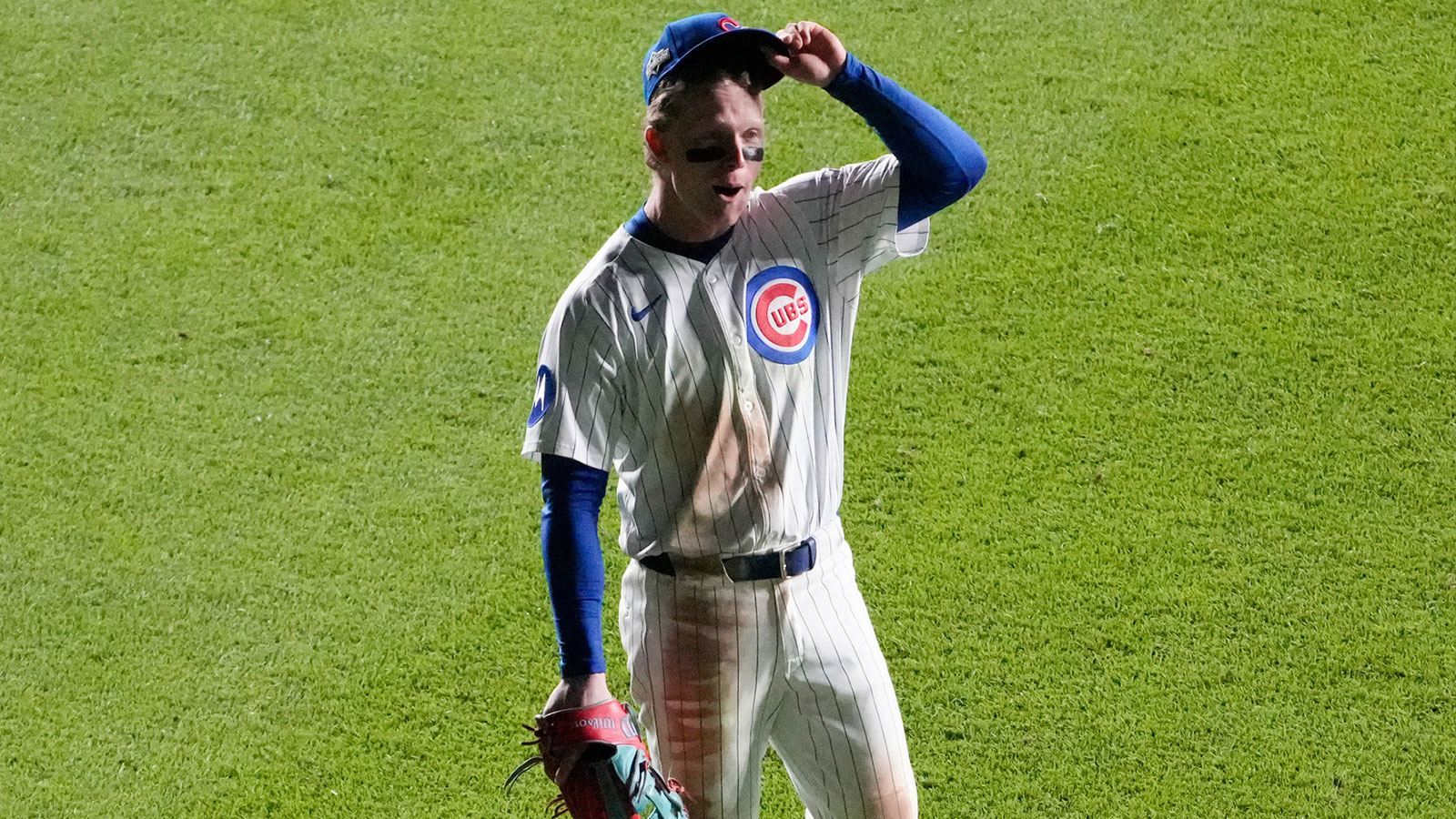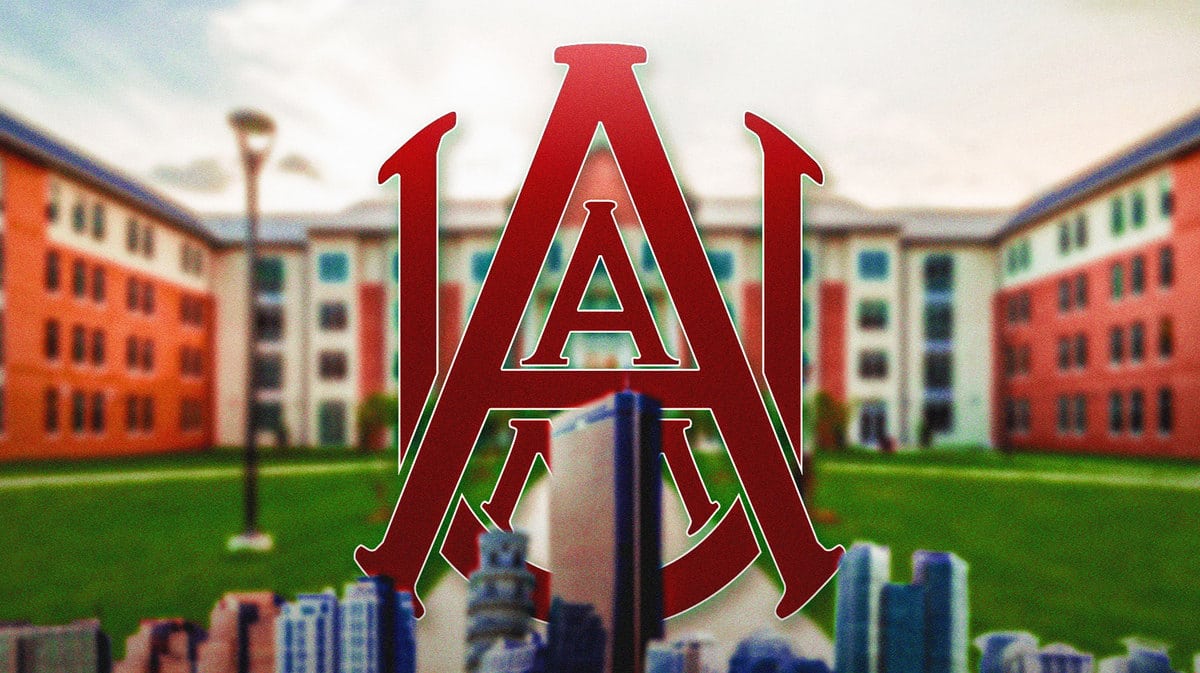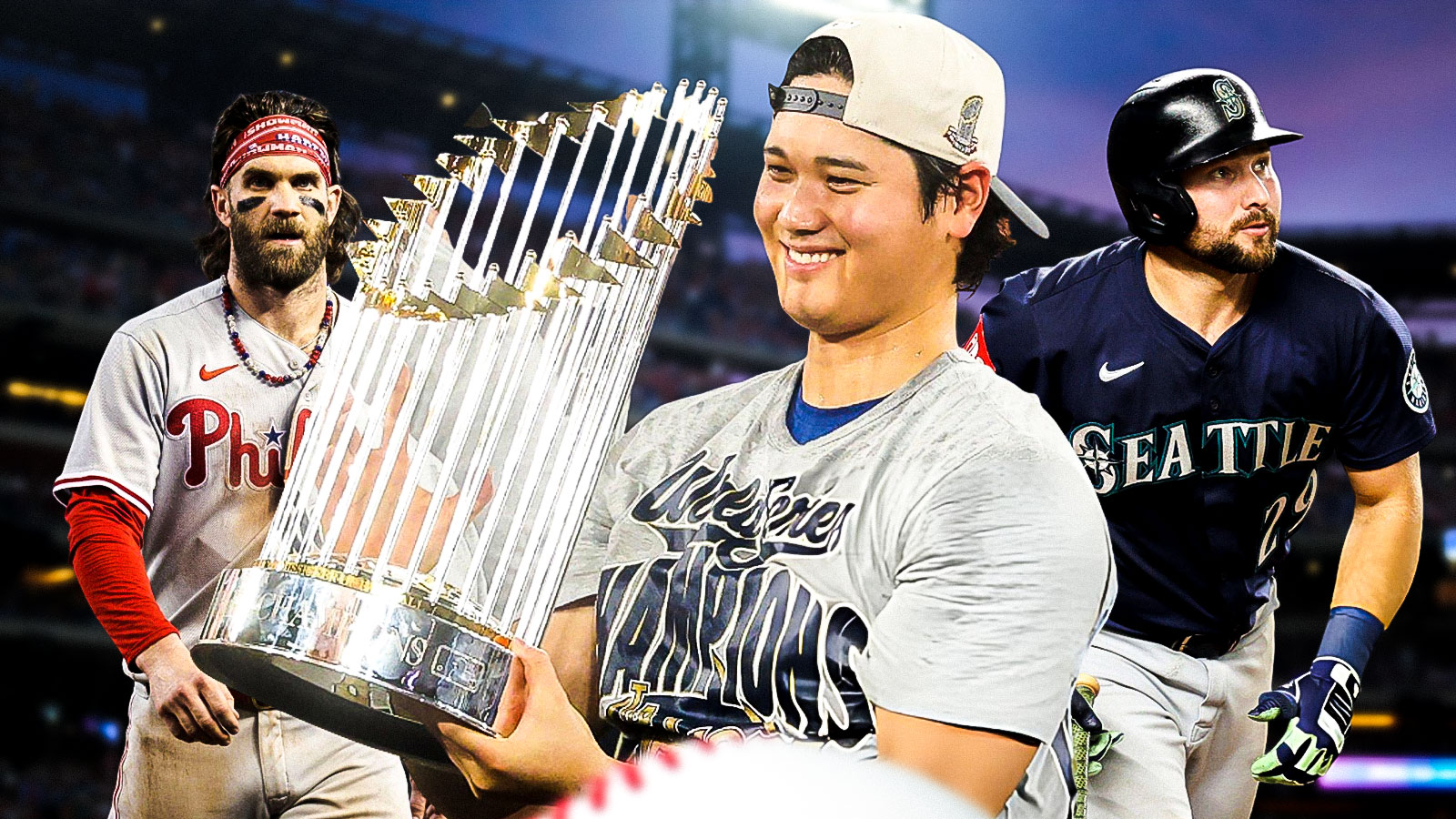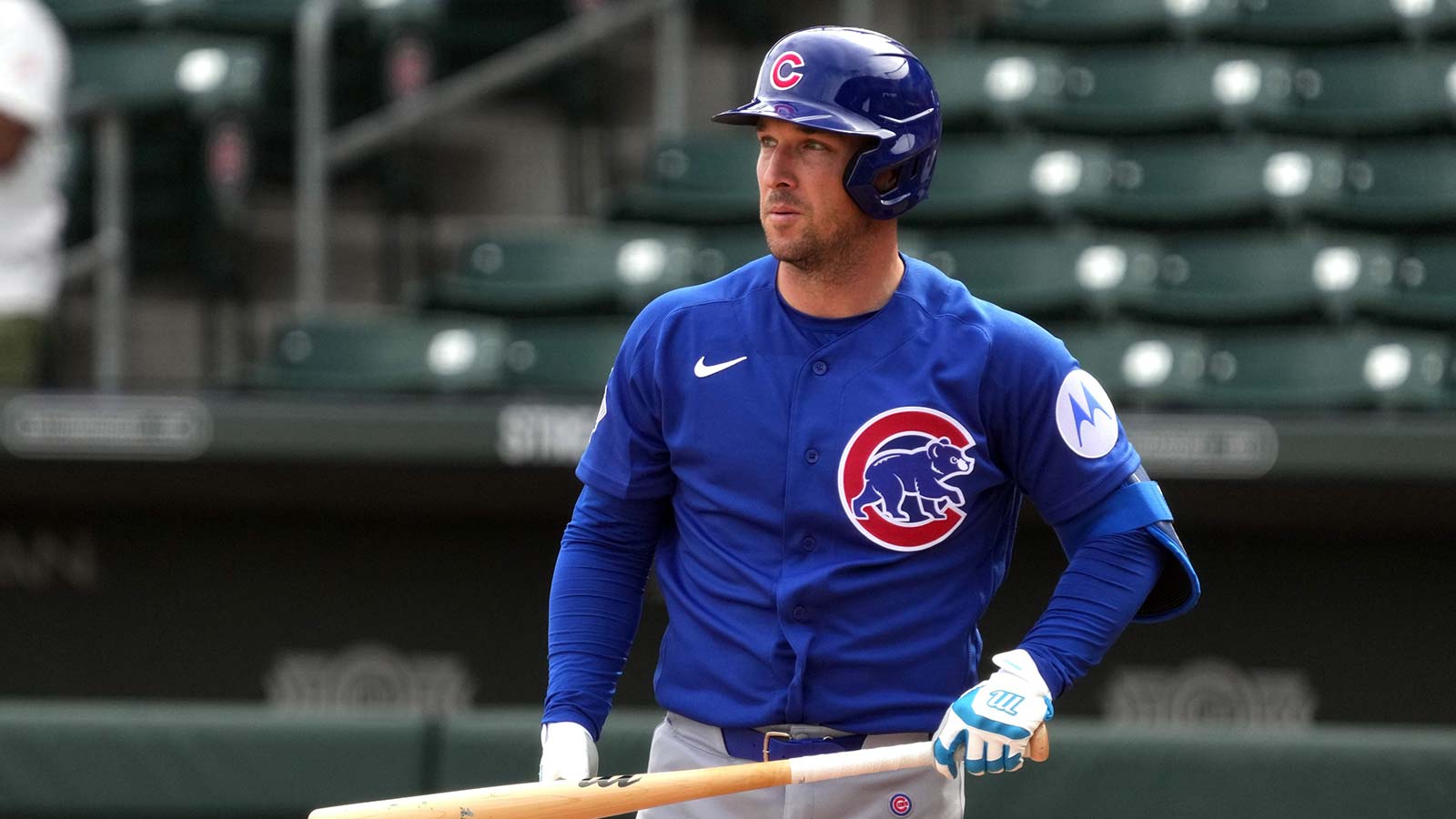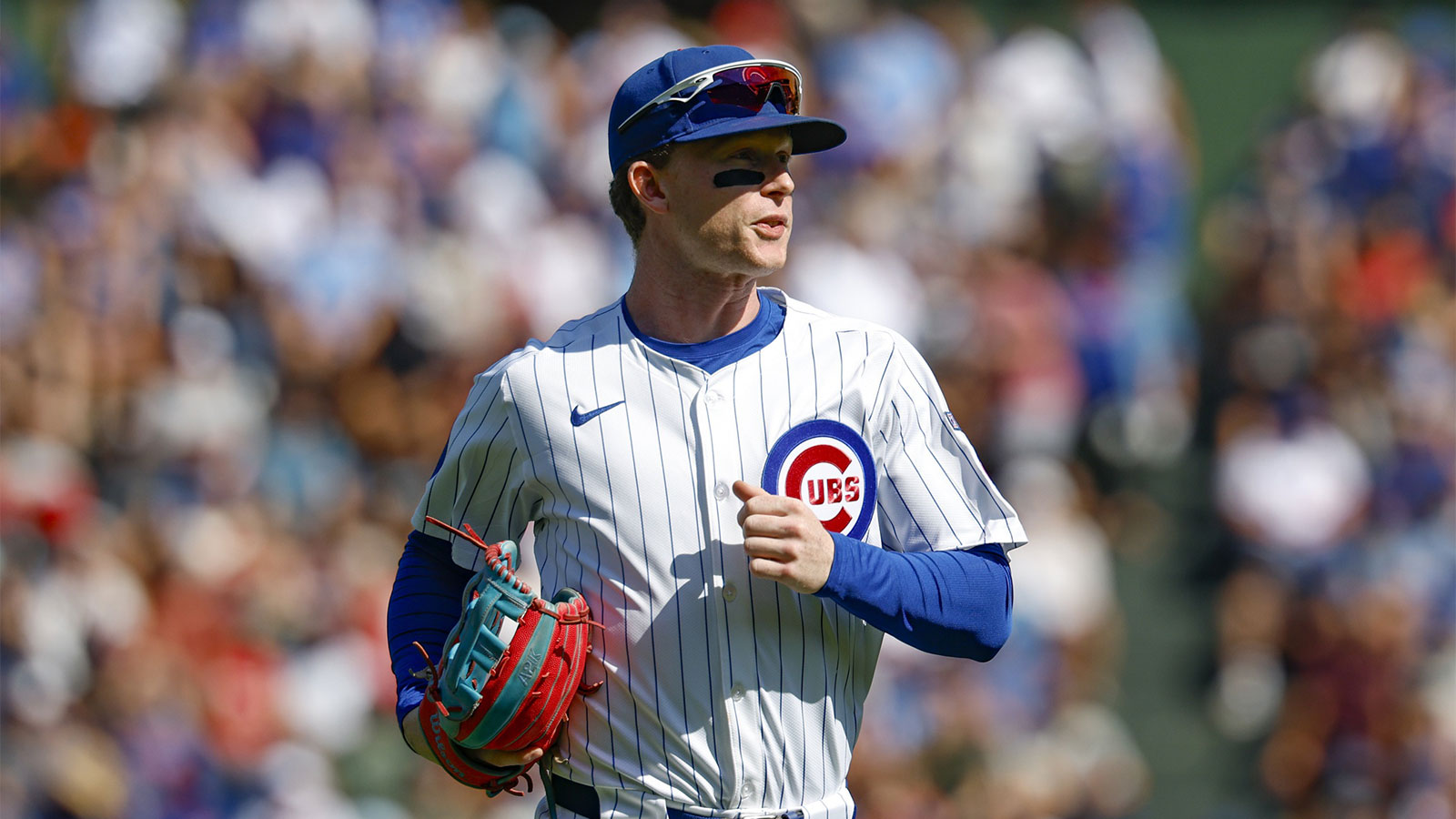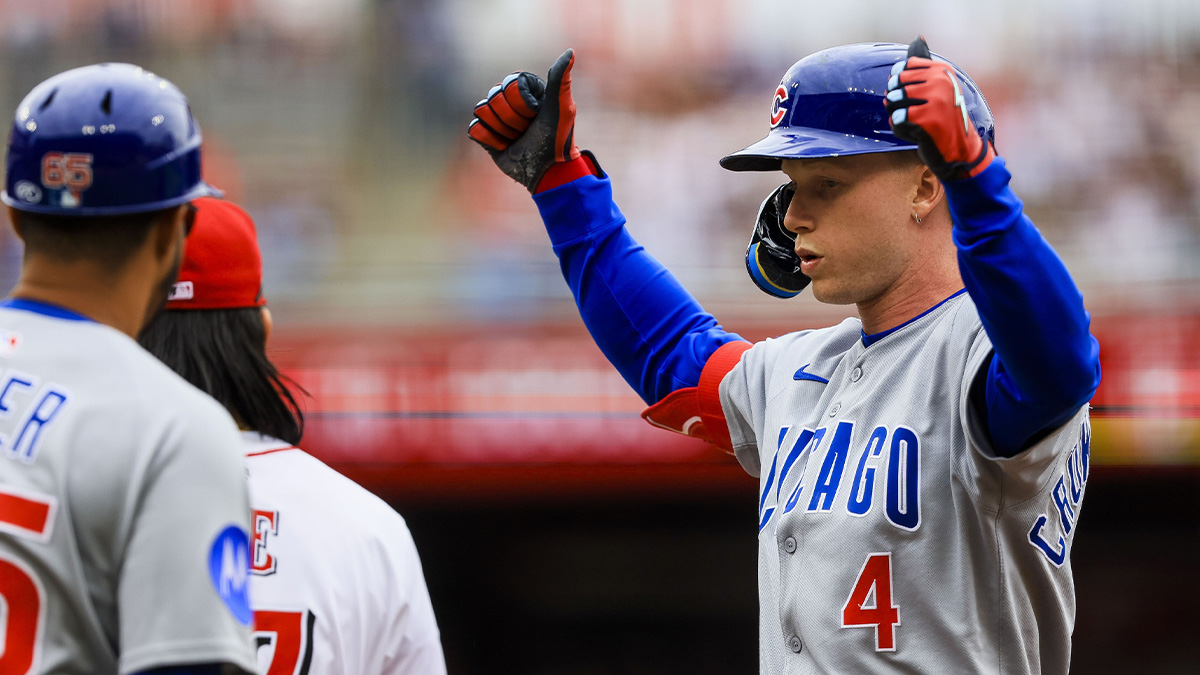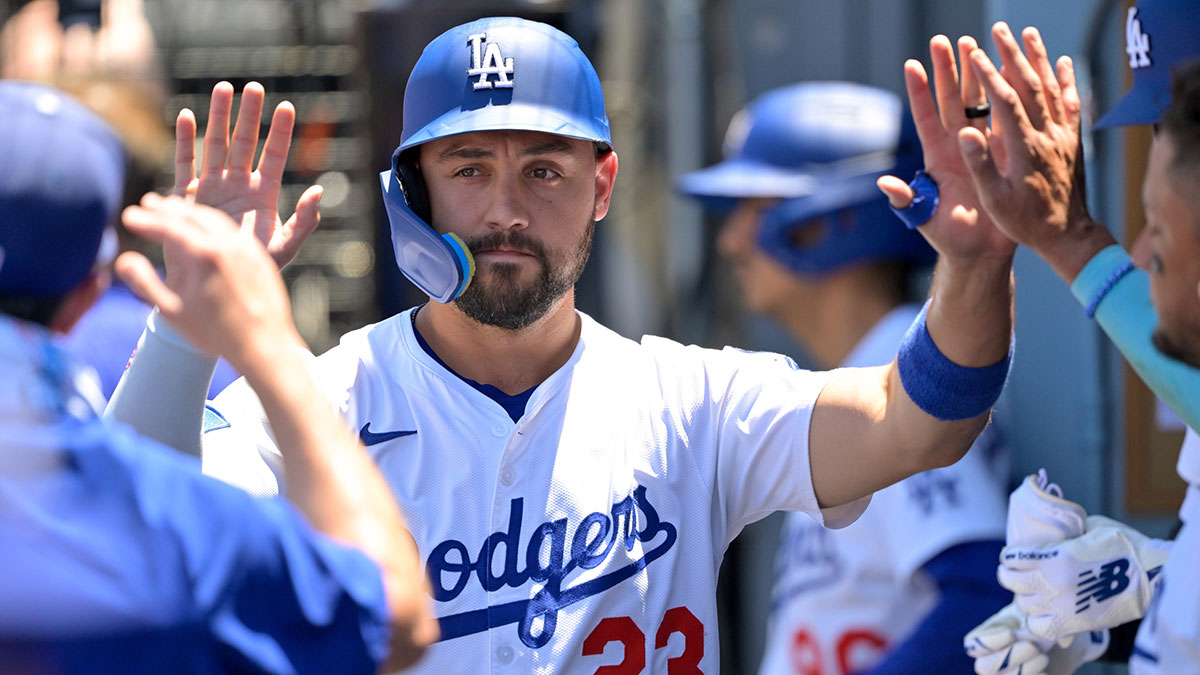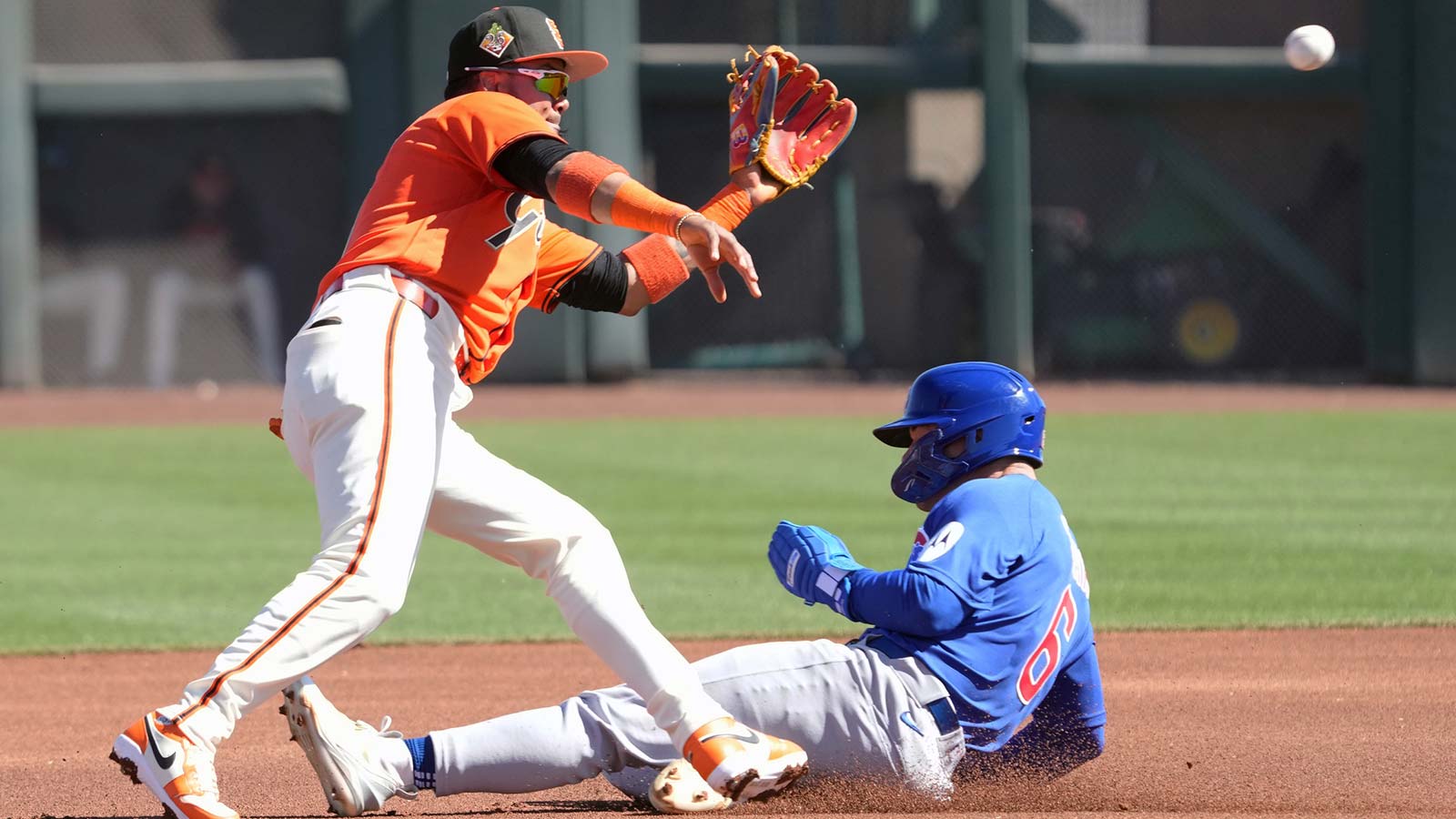Now that the 2023 MLB trade deadline has concluded, team's will now be in the hunt for October, hoping they've made the necessary moves to bolster their roster for a lengthy postseason run. The Chicago Cubs, who have recently been on a surge, could very well be one of those teams in the thick of the postseason this year, especially since they decided to hold on to Cody Bellinger. But was this actually a mistake by the Cubs? Are the Cubs really a team capable of making the postseason this year?
Cody Bellinger is returning to form
Cody Bellinger's 2019 MVP season was nothing short of spectacular, and his recent performance suggests a return to that form. Since Bellinger's return on June 15, he has been remarkable, hitting .363, accounting for 53 total hits, including seven doubles and nine home runs, with a WRC+ of 164. The Cubs were 17-25 before his return, they're 24-16 since.
Bellinger's success has undoubtedly excited Cubs fans, giving them hope for a future as quick as this season, as is evident in the organization taking him off the trade market before the deadline ended. While his resurgence does indeed provide some reason for optimism, it raises questions about the Cubs' overall competitiveness and whether they have what it takes to secure a spot in the postseason.
Are the Cubs built for the postseason this year?
The Cubs entered the 2023 season unsure of how they would fare. Their first two months were .500 baseball or less, falling in the middle of the pack in their division. And it remains uncertain whether they can trend upward from that, while having to fend off the Milwaukee Brewers and Cincinnati Reds, who have went back and forth for the top spot in the division for the past two months. The Cubs' record against both have been less than stellar, going 5-9 against them this season so far.
The Cubs' decision to hold onto Bellinger may have stemmed from a desire to retain a star player to go alongside Dansby Swanson, Christopher Morel and Nico Hoerner, who have come into their own in this second-half. Thus why they also made a trade for another bat in the lineup in Washington Nationals' Jeimer Candelario. But there's still questions on whether they can obtain this level of success for the rest of the season. And if they can't, will it have been worth it if Bellinger, who will be a free agent at season's end, doesn't re-sign with Chicago?
The trade market would have been potentially huge for Cody Bellinger
The trade market for a player of Bellinger's caliber was undoubtedly robust, with several contenders expressing interest in acquiring him. The New York Yankees, in particular, were keen on securing his services and reportedly offered a substantial package. The Yankees may have even be prepared to part ways with their highly-touted prospect, Jasson Dominguez, who is a top-40 prospect, according to Jesse Rogers on ESPN 1000.
In baseball, teams often face tough decisions about whether to prioritize immediate success or embrace a rebuilding strategy for long-term competitiveness. The Cubs' decision to hold onto Bellinger indicates their belief in the current roster's ability to compete in 2023, where some are saying they might be this year's version of the 2021 Atlanta Braves. However, given the competition within the NL Central and the overall unpredictability of baseball, this choice comes with inherent risks.
By not trading Bellinger, the Cubs might have missed a golden opportunity to strengthen their farm system and secure a foundational piece for future success. While they may have aimed to make a statement of confidence in their current squad, the potential return they could have received in a trade for Bellinger could have set them on a more assured path towards sustainable competitiveness in the coming years. This by no means was the worst move of the trade deadline, but it might have been the most difficult. Can the Cubs win now?

